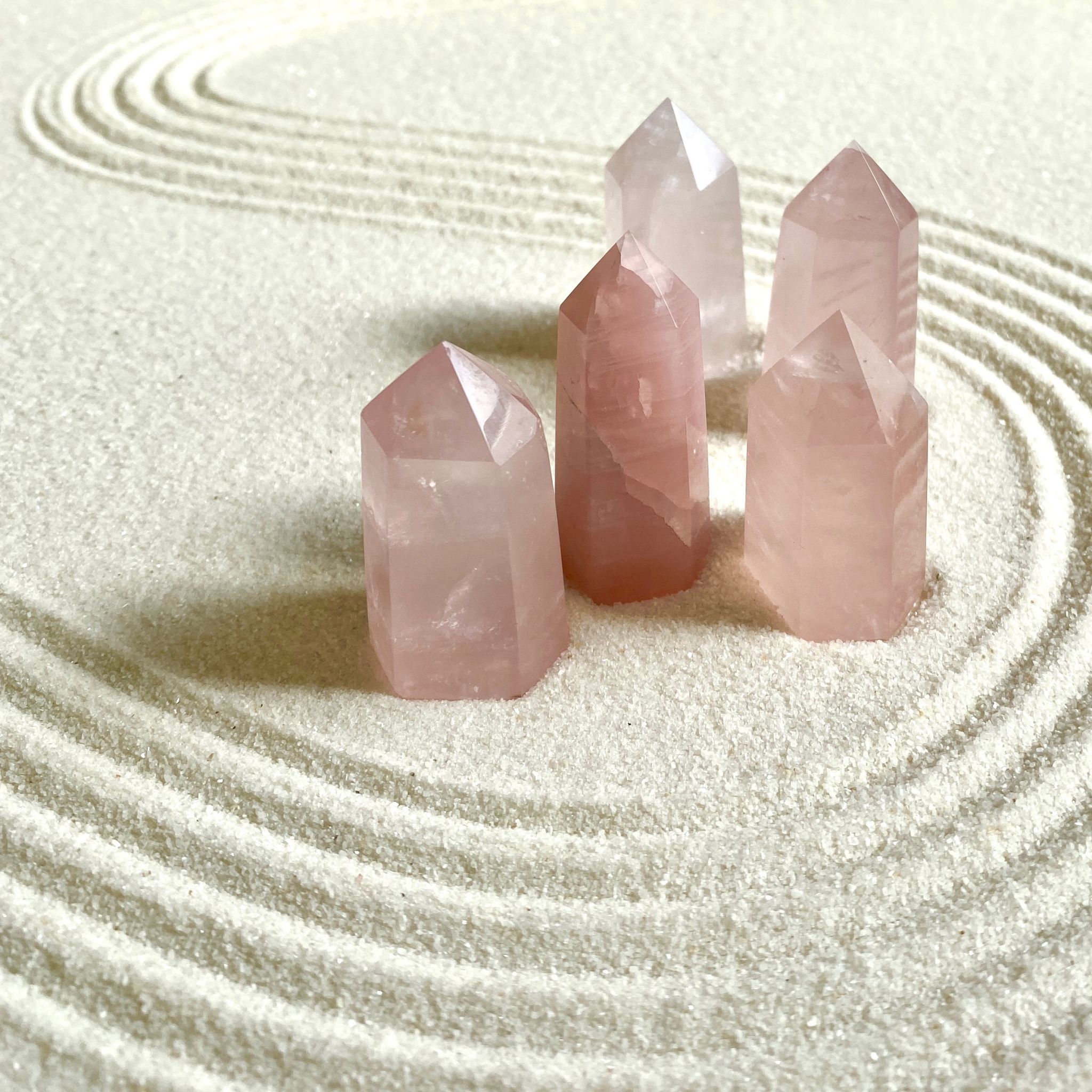Understanding the Reiki Healing Process: A Beginner's Guide
What is Reiki?
Reiki is a form of alternative therapy commonly referred to as energy healing. Originating from Japan, this practice has been used for centuries to promote relaxation, reduce stress, and encourage emotional and physical healing. The term "Reiki" is derived from the Japanese words "rei," meaning universal, and "ki," meaning life energy.

Understanding the Reiki Healing Process
The Reiki healing process involves a practitioner using their hands to channel energy into the recipient's body. This energy transfer is believed to facilitate healing by helping to balance the body's energy centers, also known as chakras. The practitioner typically places their hands lightly on or just above the person's body, allowing the energy to flow naturally.
A Reiki session usually lasts about an hour, during which the recipient remains fully clothed and lies comfortably on a massage table. The experience is often described as deeply relaxing, with some individuals even falling asleep during the session.
What to Expect During a Session
For those new to Reiki, it’s important to know what to expect during your first session. Here’s a brief overview:
- Initial Consultation: The session usually begins with a brief discussion about your health concerns and intentions for the treatment.
- The Healing Process: As the session commences, you may feel sensations such as warmth, tingling, or a gentle pulsing where the practitioner’s hands are placed.
- Post-Session Feelings: Many people report feeling refreshed and lighter, with a greater sense of clarity and peace after their session.

The Benefits of Reiki
Reiki is believed to offer numerous benefits, both physically and emotionally. Some of the potential benefits include:
- Reduction in stress and anxiety
- Enhanced relaxation and improved sleep quality
- Support for emotional healing and mental clarity
- Pain relief and faster recovery from injuries or surgeries
Although scientific evidence is limited, many practitioners and recipients of Reiki stand by its effectiveness in enhancing overall well-being and promoting a balanced lifestyle.
Finding a Qualified Reiki Practitioner
If you're interested in experiencing Reiki healing, it's important to find a qualified practitioner. Here are a few tips:
- Credentials: Look for practitioners who have completed certified training programs and have experience in performing Reiki.
- Referrals: Ask for recommendations from friends or family who have tried Reiki or check online reviews for local practitioners.
- Comfort Level: Choose someone you feel comfortable with, as trust and relaxation are key components of an effective Reiki session.

Reiki as a Complementary Therapy
It’s essential to understand that while Reiki can be a powerful tool for relaxation and stress relief, it should not replace conventional medical treatment. Instead, consider it as a complementary therapy that works alongside other forms of medical care to enhance overall health and well-being.
Whether you're seeking relief from specific ailments or simply looking for a way to relax and reconnect with yourself, Reiki offers a gentle, non-invasive option worth exploring. With an open mind and heart, you may find that this ancient practice brings unexpected benefits to your life.
